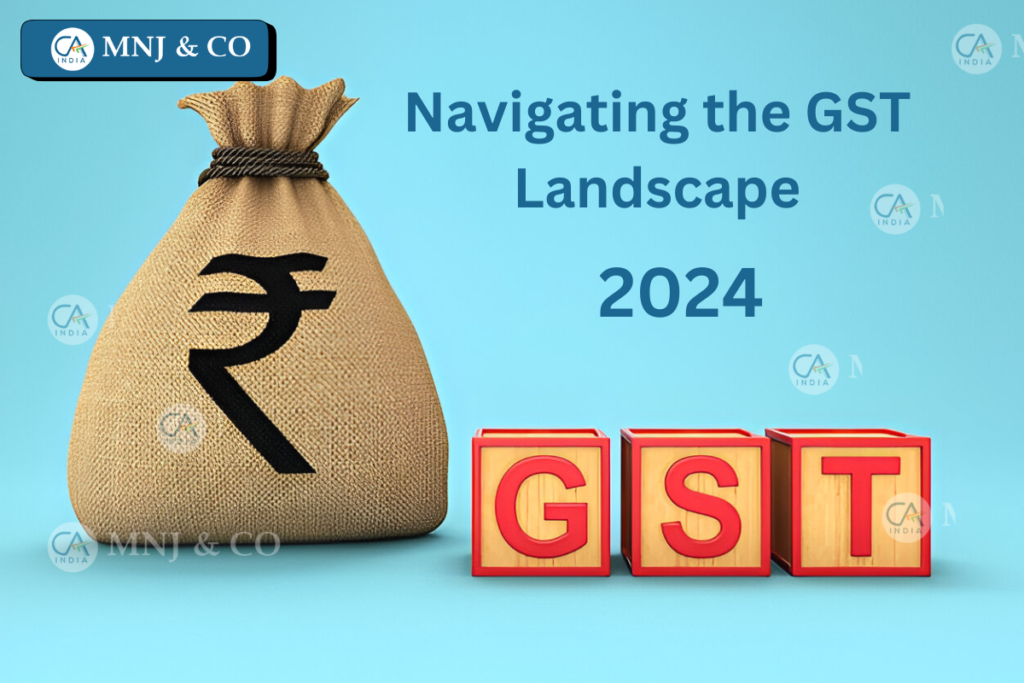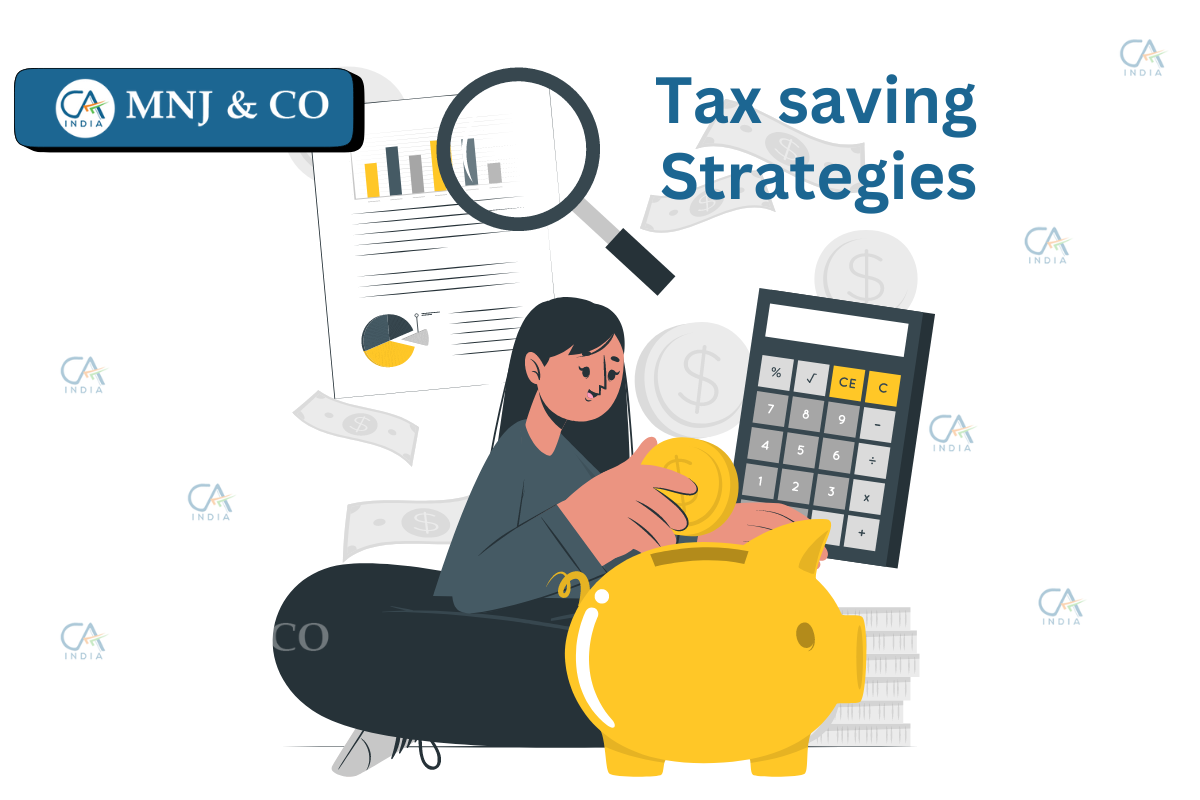Introduction: The Goods and Services Tax (GST) has been a game-changer for businesses in India, streamlining multiple taxes into a single, unified system. However, keeping up with GST regulations can be daunting, especially with frequent updates and amendments. This guide will provide a detailed overview of the current GST landscape in 2024, including recent changes, compliance tips, and best practices for businesses.
1. Overview of GST and Its Impact on Businesses:
- GST Basics: Explain what GST is, its components (CGST, SGST, IGST), and how it replaced previous tax systems like VAT, service tax, and excise duty.
- Benefits of GST for Businesses: Discuss the advantages of GST, such as reduced tax cascading, easier compliance, and a more transparent tax system. Include insights on how GST has simplified the tax landscape for businesses of all sizes.
2. Recent Changes in GST Rules (2024 Updates):
- Latest Amendments: Highlight the most recent changes in GST regulations, including rate revisions, changes in compliance requirements, and updates on GST returns.
- Implications for Small Businesses: Discuss how these changes specifically impact small businesses and what they need to do to stay compliant.
3. Common GST Compliance Challenges:
- Filing GST Returns: Outline the different types of GST returns (GSTR-1, GSTR-3B, etc.) and their filing frequency. Provide step-by-step guidance on filing these returns accurately.
- Input Tax Credit (ITC) Management: Explain the concept of ITC, how businesses can claim it, and the common pitfalls that can lead to disallowances. Include recent changes in ITC rules and how to navigate them.
4. Strategies to Ensure GST Compliance:
- Maintaining Accurate Records: Emphasize the importance of keeping detailed records of all transactions, invoices, and expenses. Provide tips on using accounting software for better record-keeping and GST compliance.
- Regular Audits and Reconciliations: Encourage businesses to conduct regular GST audits and reconciliations to identify discrepancies early and avoid penalties.
5. How to Handle GST Notices and Disputes:
- Responding to GST Notices: Guide businesses on what to do if they receive a GST notice, including how to respond, documents required, and the timelines to adhere to.
- Dispute Resolution: Provide an overview of the dispute resolution process under GST, including the appeal mechanism and how MNJ & CO can assist in resolving GST-related disputes.
6. Future-Proofing Your Business Against GST Changes:
- Staying Updated with GST Council Decisions: Advise businesses on the importance of keeping up with the latest GST Council meetings and announcements to anticipate future changes.
- Leveraging Expert Advice: Highlight the benefits of working with a Chartered Accountant like MNJ & CO to navigate the complexities of GST, from compliance to strategic tax planning.
Conclusion: Staying compliant with GST regulations is not just about avoiding penalties; it’s about ensuring your business operates smoothly and efficiently. As the GST landscape continues to evolve, businesses must stay proactive, informed, and prepared. MNJ & CO is committed to helping you navigate these challenges with expert guidance, ensuring that your business remains compliant and poised for growth in 2024 and beyond.




